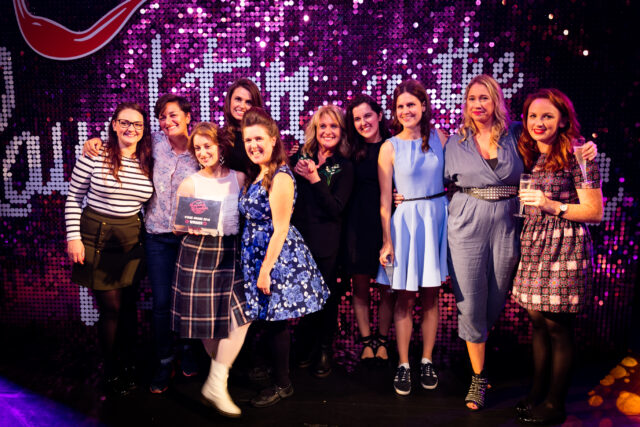New data reveals COVID has increased the mental health toll of the menopause for almost half of those going through it (47%), with a further third (32%) experiencing exacerbated physical symptoms.
Covid impact experienced by women and restricted support
Since March 2020, an estimated 600,000[i] UK women have entered the menopause. New data now reveals the negative impact of the COVID-19 pandemic on the emotional symptoms of the menopause, with a particularly high proportion of women (61%) with children under 16 reporting this.
In the last year, a combination of factors such as being confined to the home, leading to reduced opportunities for ‘in the moment’ support from female friends, and reduced GP support, has left four in ten of those going through the menopause (43%) believing Covid has reduced the amount of support available, which experts warn has exacerbated feelings of isolation.
While the majority of menopausal women (88%) said they would feel comfortable talking to a female friend about the menopause, there is a considerable lack of understanding among men – just 26% say they would know how to support a woman experiencing the menopause.
As a further absence of support during a challenging year, just a quarter of young women (26%) admit they would know how to support an older woman experiencing the menopause.
The study, conducted by insight and strategy consultancy Britain Thinks for new online clinic My Menopause Centre, involved a nationally representative online survey of 2,087 adults in the UK and qualitative research with women with experience of the menopause, male partners and workplace managers.
Menopause still a taboo and not well understood
Despite the rise in celebrities talking about their menopause experience, the menopause still considered a taboo (47% of the public agree) and not well understood (43% agree they don’t know much about it). Only a quarter of women (24%) felt prepared for the menopause transition and over half underestimated the physical (55%) and emotional (53%) symptoms of the menopause.
When it comes to younger women, over half of those aged between 18-44 (53%) said they did not know much about the menopause (versus 20% of women aged 45-64), and around a quarter (26%) agree they would know what to do to support a woman who is going through the menopause (versus 48% of women aged 45-64) revealing a lack of cut-through among young women on awareness of what they will experience in later life, as well as what they can do to support other women going through the menopause.
Just one in four (24%) men aged 45-64 state that they would know what to do to support a woman going through the menopause – these are also the men who are most likely to have a partner who is going through the menopause. The feelings of isolation that menopausal women may have experienced in the last year can be compounded by the lack of understanding from their partners and the younger generation, such as their children.
Men also asked to pause as menopause is ‘everyone’s business’
There is a significant gap in knowledge of symptoms of the menopause between men and women, with two thirds of men (67%) stating they think the menopause doesn’t affect them personally. Around one in five men said they do not know the symptoms of the menopause, which interestingly holds true for both younger and older men.
Four in ten women (43%) correctly identified all emotional symptoms of the menopause, compared to only 14% of men. Three fifths of women (59%) identified loss of confidence as a symptom of the menopause, compared to only 33% of men. The majority of women still think the menopause is a taboo (58%) with just over one third of men (36%) agreeing.
Dr Clare Spencer, My Menopause Centre’s co-founder and menopause specialist and GP said:
“This research reinforces everything I’ve seen since the pandemic started revealing how Covid-19 has impacted women’s experiences of the menopause, in particular, how reduced support and access to friends has exacerbated the challenges menopausal women face.
“We need to get past this notion that the menopause only affects those experiencing it. It affects everyone, and its impact is far reaching from our homes to our workplaces. Society will continue to exacerbate the negative impact of the menopause on women until younger women and men of all ages join the conversation and educate themselves on what to expect and how to talk to a loved one experiencing it.”
Co-founder, Helen Normoyle said:
“Our research shows that the more prepared a woman is for the menopause, the better her experience will be. That’s why at My Menopause Centre, we’re determined to make the menopause everyone’s business, and are passionate about empowering everyone across the UK – women of all ages, their partners and children – with free and evidence-based support and tools.”




